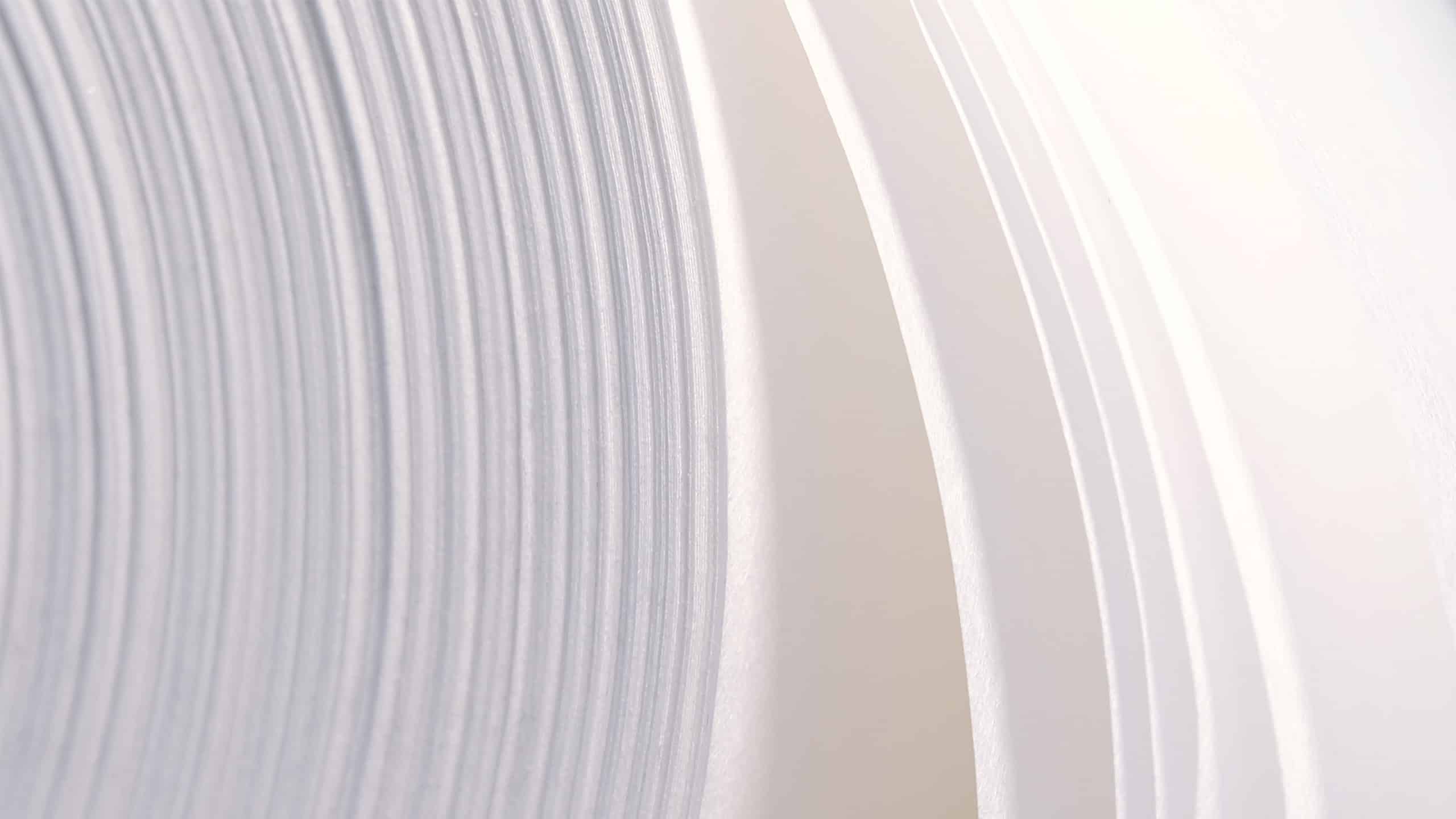What makes paper polybags a sustainable choice for garment packaging?

Understanding Sustainable Forest Management
Sustainable forest management is a critical component in ensuring that wood fibres can be sourced responsibly for use in packaging materials. This approach focuses on maintaining the balance between the need for forest products and the preservation of forest ecosystems. According to the Confederation of European Paper Industries (CEPI), it involves careful planning and monitoring to ensure that forest resources are utilized in a manner that does not compromise the health of the forest or the biodiversity it supports.
Certification programs, such as those provided by the Forest Stewardship Council (FSC) play an essential role in verifying that wood fibres are sourced from well-managed forests. CEPI highlights that these certifications require compliance with rigorous environmental and social standards, ensuring that forests are harvested responsibly. However, it is important to acknowledge that not all wood fibre can be traced back to sustainably managed sources. The complexity of global supply chains means that responsible sourcing is not always guaranteed, making certification and continuous monitoring even more crucial.
The Unique Properties of Paptic’s Fibre-Based Materials
Paptic’s fibre-based materials offer a remarkable combination of sustainability and performance, making them an excellent choice for garment packaging. These materials are designed to replace conventional polybags with a sustainable alternative that does not compromise on functionality. One of the standout features of Paptic’s materials is their durability, a key aspect in demonstrating a commitment to reducing single-use waste.
Unlike many traditional fibre-based materials, Paptic’s solutions provide unique haptic qualities, offering a soft and silent texture that enhances the user experience. This tactile advantage is particularly beneficial in the garment industry, where the unboxing experience can significantly influence customer perception. These properties, coupled with the ability to run on existing production lines, set Paptic® apart from more common fibre-based alternatives, providing a seamless transition for companies looking to adopt more sustainable packaging solutions.
Environmental Benefits of Using Paper Polybags
The use of paper polybags helps to address the pressing issue of plastic waste. By replacing traditional plastic packaging with paper alternatives, companies can significantly reduce their contribution to plastic pollution, a point supported by the European Parliament. This shift not only benefits the environment but also aligns with the growing consumer demand for sustainable products. By choosing paper polybags, brands can demonstrate their commitment to environmental responsibility, enhancing their reputation and appeal to eco-conscious consumers.
Paptic’s Commitment to Responsible Sourcing and Innovation
We are dedicated to ensuring that our sourcing practices are responsible and sustainable. Our approach to sourcing wood fibres involves working closely with certified suppliers who adhere to stringent environmental and social standards, as emphasized by FSC®. This commitment to responsible sourcing is further supported by our active participation in initiatives and partnerships that promote sustainable forestry practices.
Innovation is at the heart of our mission to provide sustainable packaging solutions. We continuously invest in research and development to enhance our materials and expand their applications. Our partnerships with global converters enable us to offer flexible and scalable solutions that meet the diverse needs of our clients. Through these efforts, we aim to lead the industry in sustainable packaging and support the transition to a more circular economy.
